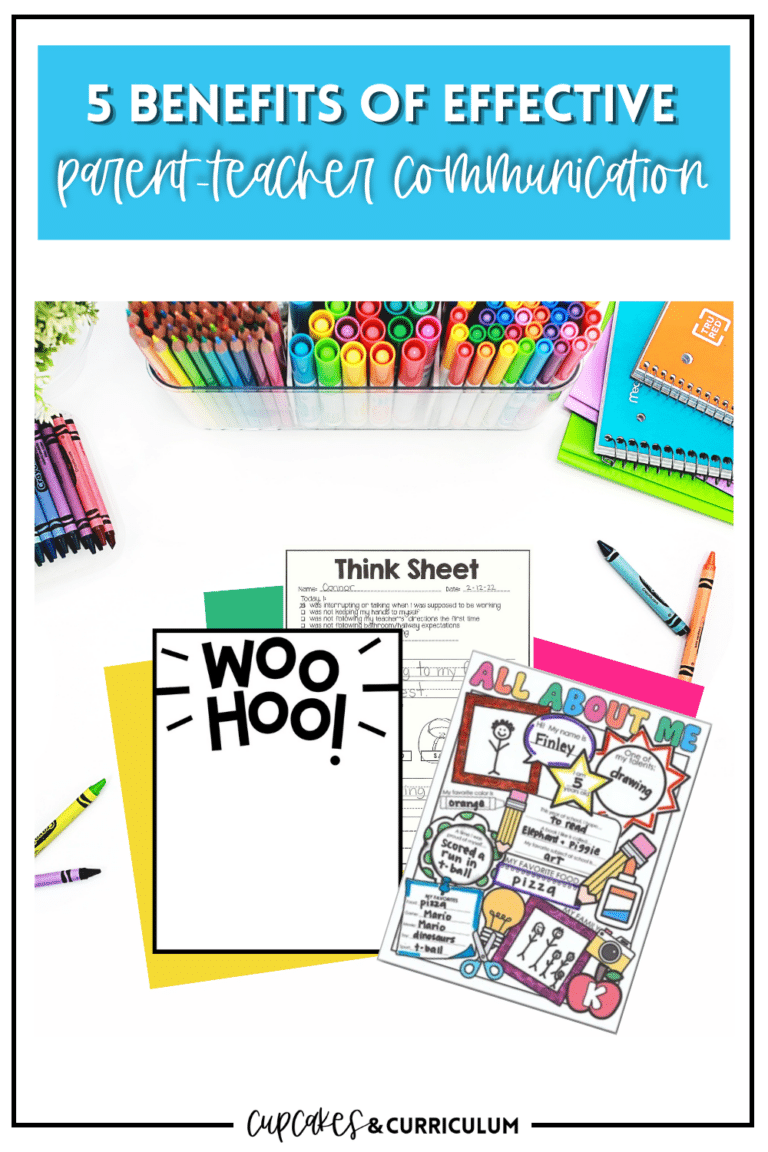
Modern day technology is such an informative, fun and helpful advancement! Being able to connect with people across the world with one click can be amazing. We can search the web, add our own information and learn so much at the tips of our fingers, but that can also be a very dangerous thing.
Children are growing up in a world of technology we adults would have never even imagined when we were kids! Now, we’re able to have any information we wanted all at our fingertips. It has been an amazing resource for us teachers to help teach our students, but what are the students learning online on their own? It’s very common now for students to have social media at a young age or to at least have access in some way to share information online.
Due to how easy it is for young children to be exposed to the internet, it is important for them to know what is okay to share and what is private information that should never be shared online. Teaching them how to safely be a digital citizen in the online world can help keep them protected.
Not only do we have Facebook, Instagram and other social media platforms, but we also have online video games and chat rooms where children can share anything they want. We must assume they have never been taught not to talk to strangers or that some people online may not be who they say they are. Any online gamer can chat through messages or, if they have a headset, they can talk straight to other players just like being on the phone with them. This can be dangerous because you never know who you are really talking to. We need to teach our students to beware of what they say to strangers, even on video game chats.
Since young children are now growing up with online access they need to know what is okay to share. Sharing information like their address, phone number, full name, where they may be in the future and if their parents are home or not can be very dangerous if made public online. Whereas, posting their favorite color, what they are having for dinner, the book they are reading or anything they would feel comfortable saying in front of their parents or teacher is okay to make public. We need to ensure they know how to categorize what is too personal to share.
Our students need to know that there is a permanence to what they post online. Especially since everything can be screenshot or taken a picture of now. Even if they delete something, there is no guarantee that it is completely gone.
Encourage your students to ask these questions before posting: Is it very personal? Does it involve something rude, mean or hateful? Would I say this in front of my parents or friends? Will I regret this? Is it meaningful? WIll my future self be proud of this? Will these words have negative consequences?
I have the perfect lesson designed to help you teach your students on how to be a safe digital citizen here! This lesson includes a complete WEEK lesson plan with great resources, activities, bulletin board pieces and posters. The book included gives an engaging story to students on how everything you post online sticks with you and will permanently be there! It is one of my favorite books to use as a visual aid for technology. You will also get a home connection paper to send home to parents so they can learn about the lesson and how they can help implement safe technology usage at home as well.
Teaching your students about the dangers of posting private information online can keep them safe and protected. As adults, we know how information can be misused and easily provide the right people access to things they shouldn’t have. As great as technology is, it can be dangerous too. And we get the opportunity everyday to warn our students and help them navigate this world safely.